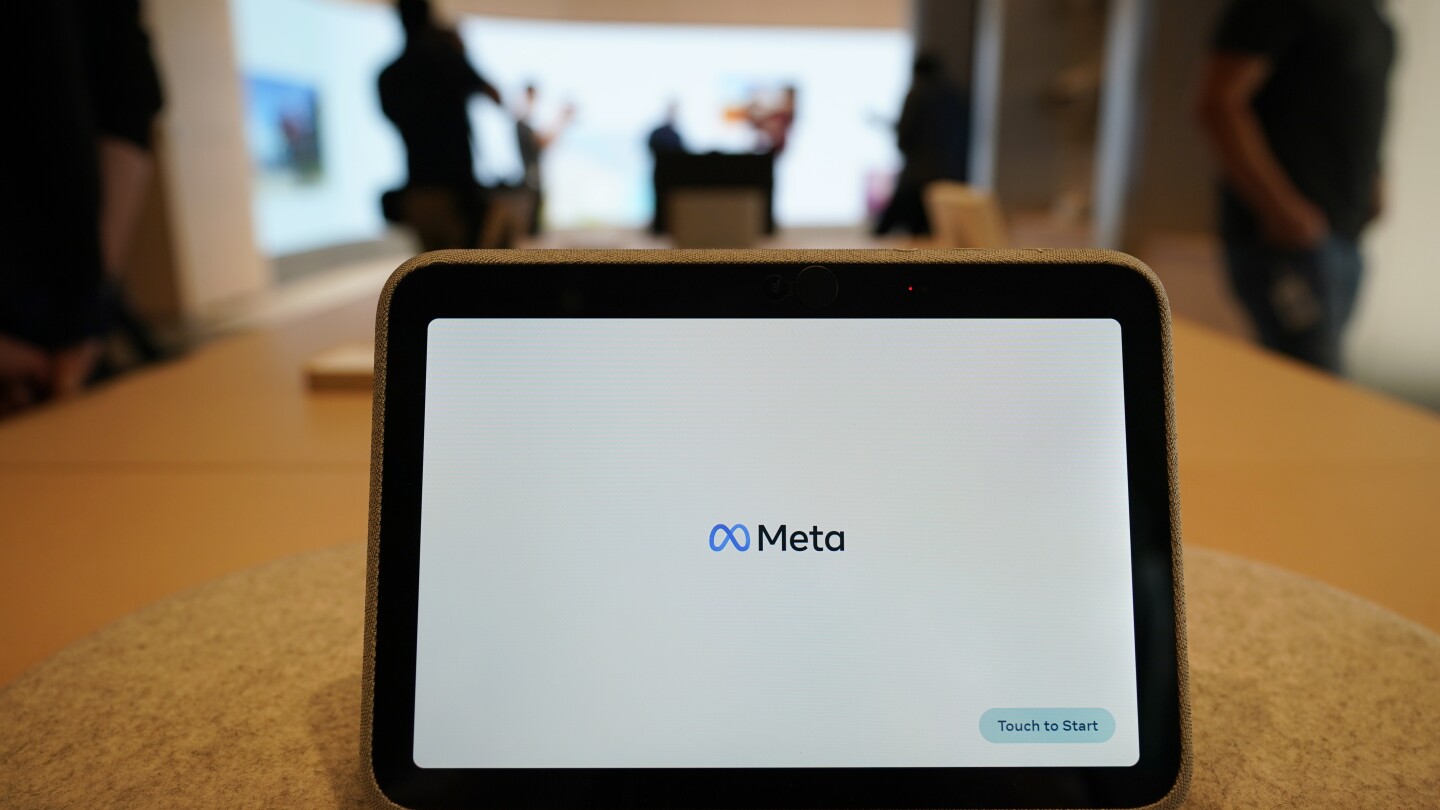The online advertisement to Donald Trump supporters was clear enough: Click here, and receive a free Trump 2024 flag and a commemorative coin. All in exchange for taking a quick survey and providing a credit card number for the $5 shipping and handling.
“You’ll get two free gifts just by taking this quick poll in support of Trump,” says the ad’s narrator.
The ad — which has appeared on Facebook, YouTube and other platforms — didn’t mention the $80 charge that would later appear on credit card statements. Those that clicked were scammed.
Political advertisements on social media are one of the best ways for candidates to reach supporters and raise campaign cash. But as a new report from Syracuse University shows, weak regulations governing online ads and haphazard enforcement by tech companies also make ads a prime source for misleading information about elections — and a tantalizingly easy way for con artists to target victims.
Political ads on social mediaThe Internet rife with misinformation and scams, new research finds.FTFY
Pretty sure old research found the same thing!

Why would tech companies or politicians derail that gravy train? I mean, they should for many, many reasons, , but why would they?
Tech companies rake in the ad dollars and the politicians rake in the rube dollars.
Many of the pages sold Trump-related merchandise such as flags, hats, banners and coins or advertised fictitious investment schemes. The true motive, apparently, was to get a user’s credit card information.
Aren’t the self-interested, amoral Trump voters at least embarrassed that their side is made up primarily of rubes?
What am I saying, that’s like asking if sharks are embarrassed to be seen around a bunch of reef fish.
Hmm, the internet? Rife with misinformation and scams, you say?
This is the best summary I could come up with:
“There is very little regulation on the platforms,” said Jennifer Stromer-Galley, the professor who led the research for the ElectionGraph Project at Syracuse University’s Institute for Democracy, Journalism & Citizenship.
Stromer’s research examined more than 2,200 groups on Facebook or Instagram that ran ads between September and May mentioning one of the presidential candidates.
Many of the ads contained misleading information, or deepfake video and audio of celebrities supposedly crying during a speech by former First Lady Melania Trump.
Using a partnership with the data science firm Neo4j, Stromer-Galley found that some of the pages shared common creators, or ran virtually identical ads.
Many of the pages sold Trump-related merchandise such as flags, hats, banners and coins or advertised fictitious investment schemes.
In addition, the company urges its users not to click on suspicious links, or to hand over personal information to untrustworthy sources.
The original article contains 669 words, the summary contains 144 words. Saved 78%. I’m a bot and I’m open source!







